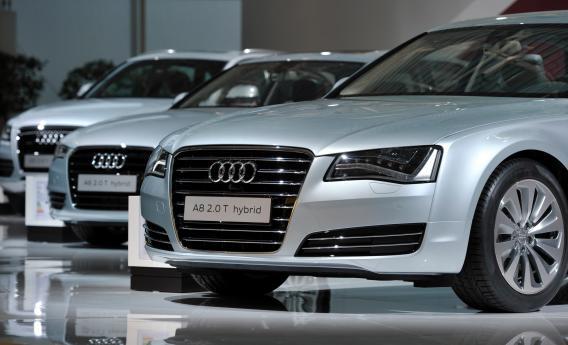Is our quest for environmentally friendly technology going to save the planet from ecological disaster—or just make things worse? That’s the question driving New Yorker writer David Owen’s elegant new book The Conundrum: How Scientific Innovation, Increased Efficiency, and Good Intentions Can Make Our Energy and Climate Problems Worse.
Owen’s core argument is not that we shouldn’t try to save the environment. Rather, he says that our focus on technological innovation, particularly efficiency, is misguided. He addresses problems inherent in several favored technologies and strategies, such as solar panels and buy-back programs for older, inefficient vehicles. What will happen if we make more-efficient, more-affordable cars? Owen says that the number of drivers worldwide will skyrocket. Since that “green” car would not be entirely without environmental consequences, the bump in car ownership and driving (since a fuel-efficient car would mean spending less on gas) would likely have a net negative effect.
Instead, he proposes that a truly “green” car might have “no air conditioner, no heater, no radio, unpadded seats, open passenger compartment, top speed of twenty-five miles an hour, fuel economy of five or ten miles a gallon. You’d be able to get your child to the emergency room, but you’d never run over to Walmart for a bag of potato chips, and you’d take public transportation to work.”
One of the biggest problems, according to The Conundrum, is that policymakers hide behind soft solutions:
Advocating efficiency is easy to do, because it involves no political risk—unlike backing measures that do call for sacrifice, such as increasing energy taxes, or putting a price on carbon, or capping consumption, or steadily rolling back total emissions, or investing in utility-scale renewable energy production, or confronting the deeply divisive issue of global energy equity, or radically redistributing the world’s energy wealth.
